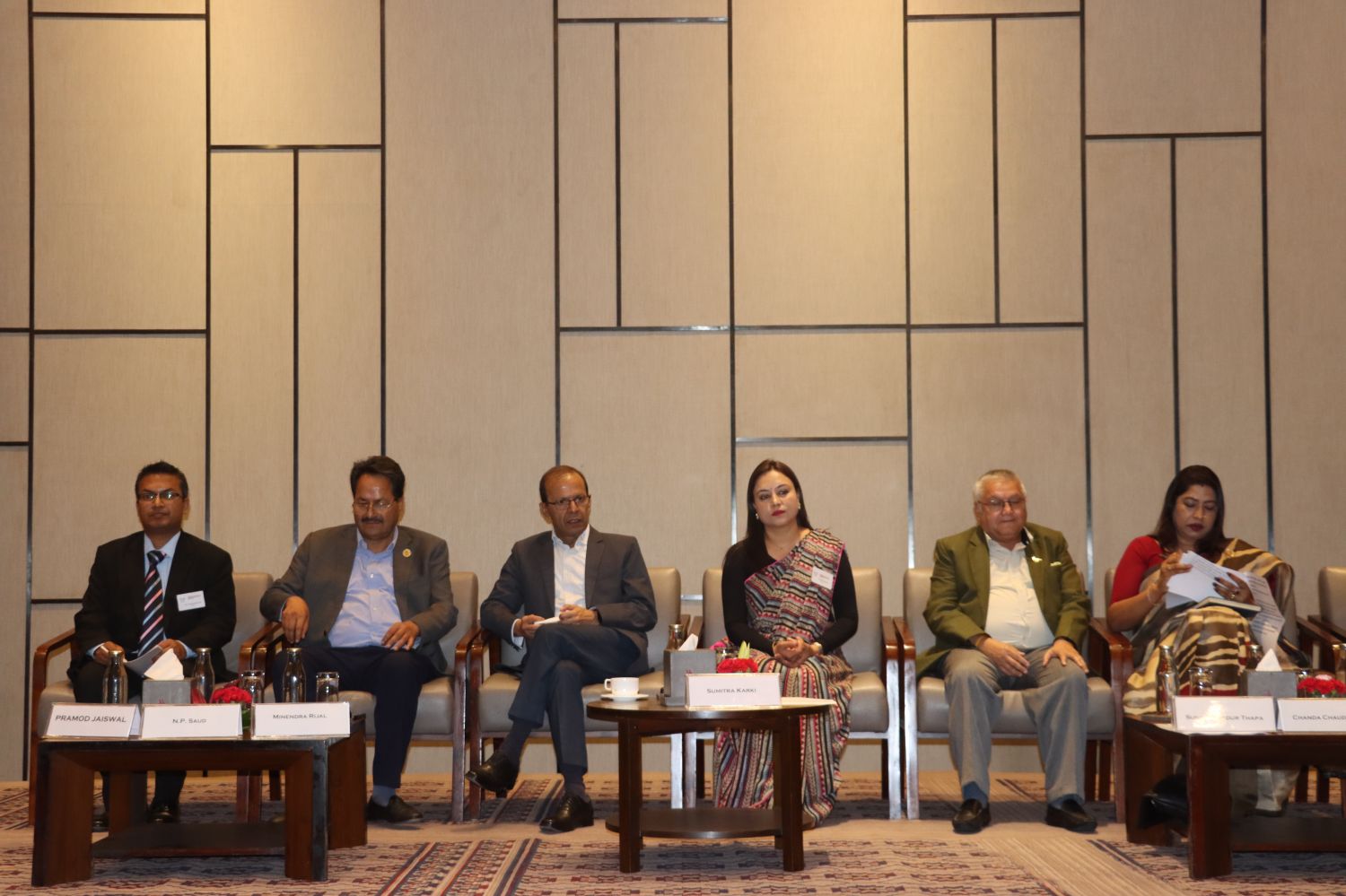
SATV July 10, Kathmandu: On December 24, 1999, Indian Airlines flight IC 814 was preparing to take off from Tribhuvan International Airport in Kathmandu en route to Delhi. After completing all standard checks, the plane took off for its destination. However, shortly after entering Indian airspace, armed hijackers took control of the aircraft. Panic and chaos erupted among passengers. The hijacked plane flew through Pakistani airspace and made a brief landing in Amritsar. After being denied refueling, it continued its journey, eventually reaching Taliban-controlled Kandahar. There, the hijackers demanded a $200 million ransom and the release of three imprisoned militants. Only after those demands were met were the hostages released.
Incidents of such magnitude have occurred repeatedly in South Asia. The 2001 Indian Parliament attack, the 2016 Pathankot attack, the 2019 Pulwama attack, and most recently the 2025 Pahalgam attack are stark reminders of the region's vulnerability to terrorism. Each attack ignites public outrage and intense debates about its cruelty and implications. But before long, these discussions fade, only for another tragedy to occur. This cycle appears to be endless. While other regions across the globe are also facing the menace of terrorism, South Asia remains particularly sensitive and volatile.
This pattern raises an important question: Is the root cause of terrorism in the region genuinely unknown, or has there been a lack of will to uncover it? As terrorism continues to leave deep scars, there is a pressing need to clearly identify its root causes. Even among global experts, there is no consensus on what exactly defines terrorism. Various armed groups often view their actions as legitimate struggles, backed at times by certain governments or populations. This ambiguity has led to confusion over the very definition of terrorism.
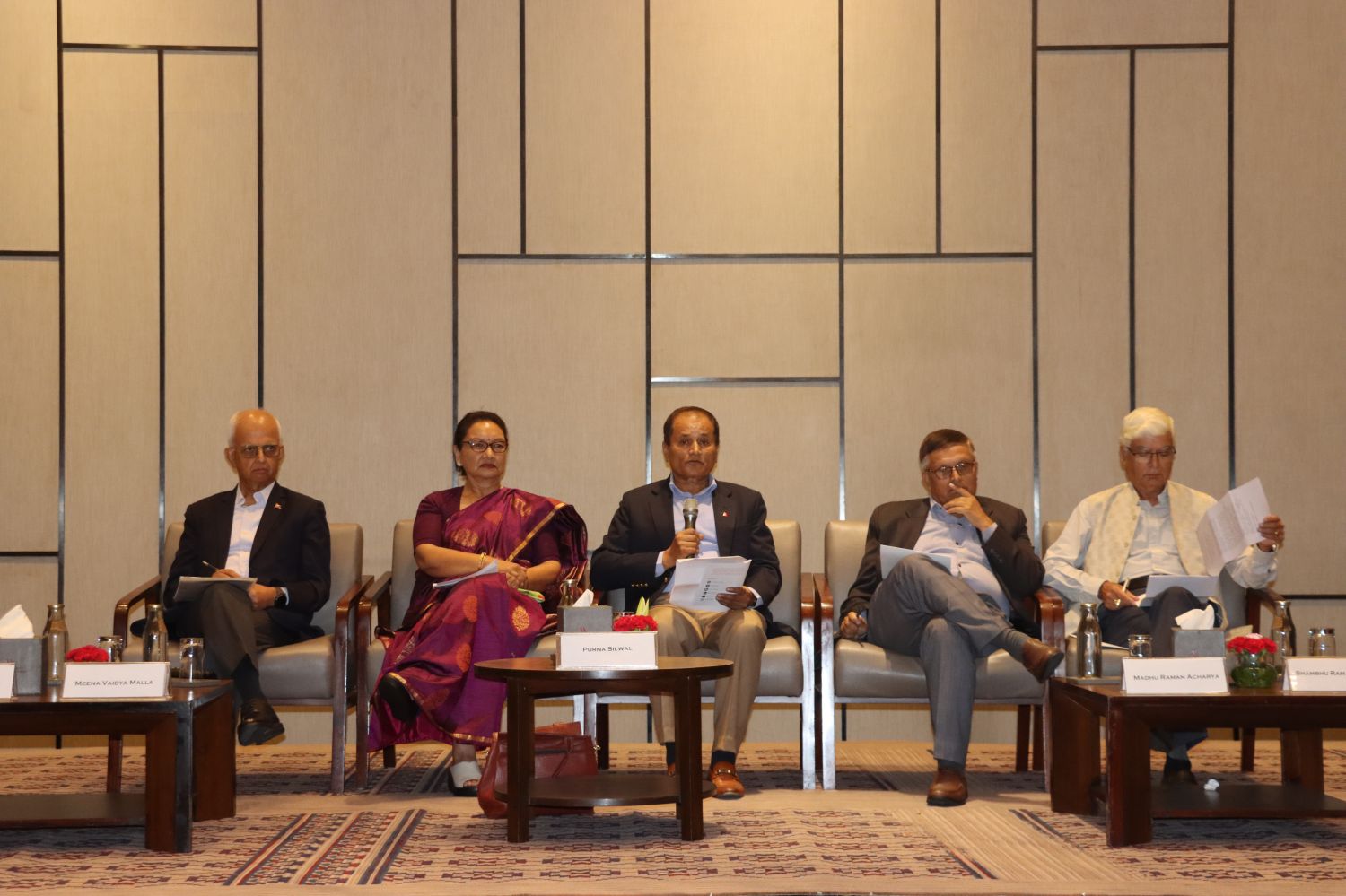
In response to this ongoing threat, the Nepal Institute for International Cooperation and Engagement (NIICE) organized a regional seminar titled “Terrorism in South Asia: A Challenge to Regional Peace and Security”. The event focused on how terrorism has expanded its footprint in South Asia, the challenges it poses, and viable solutions. The main agenda of the event was to delve into the origin, motives, and operational bases of terrorist groups sowing unrest across the region.
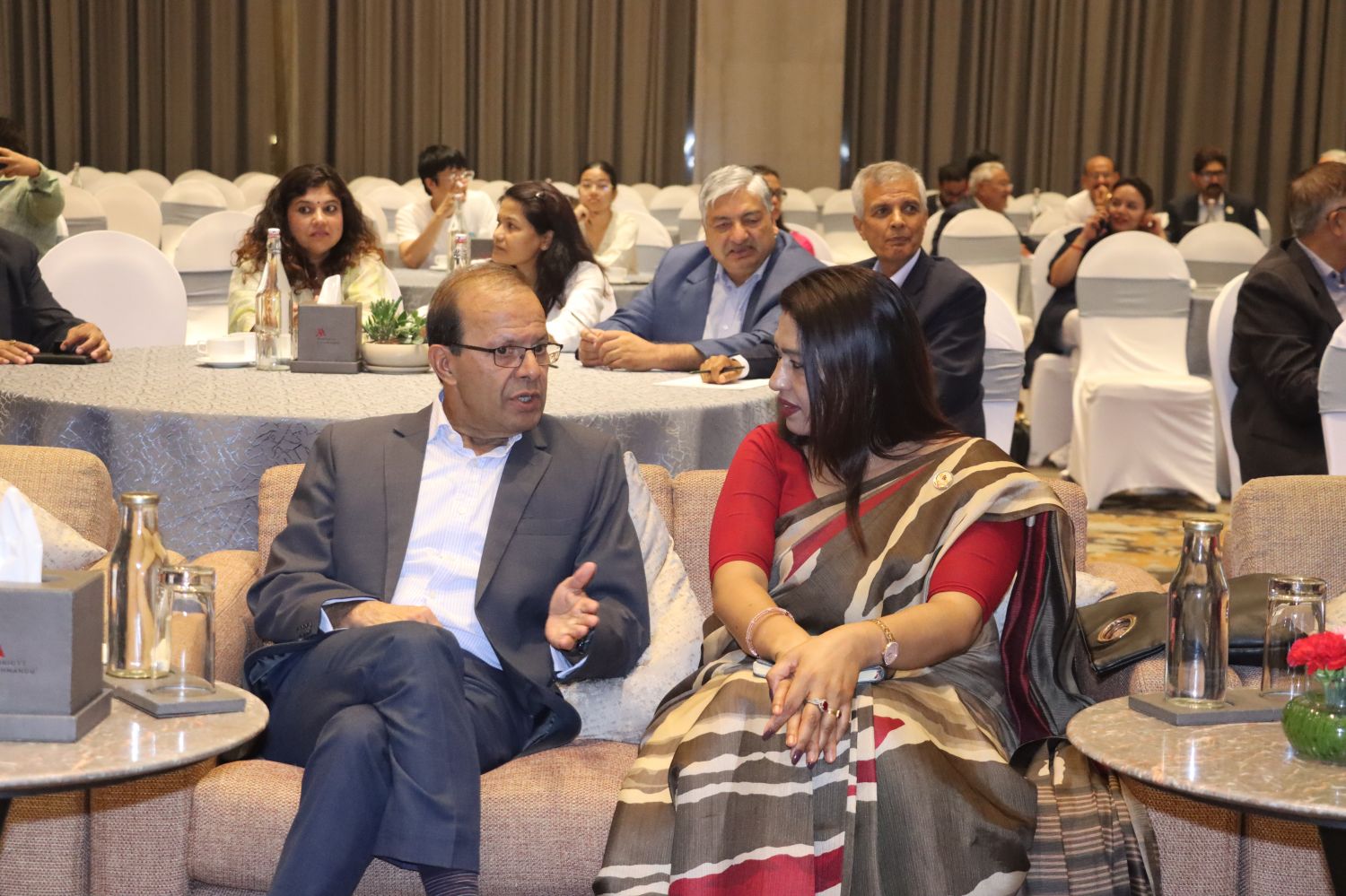
The event witnessed participation from several prominent security experts, political figures, and policymakers. Notable attendees included Dr. Minendra Rijal, Sunil Bahadur Thapa, Chanda Chaudhary, Dr. Pramod Jaiswal, Sumitra Karki, Shishir Khanal, N.P. Saud, retired Major General Purna Silwal, former Foreign Secretary Madhu Raman Acharya, and Dr. Mina Vaidya Mall.
The discussions highlighted the role of groups such as Jaish-e-Mohammed, Lashkar-e-Toiba, and Harkat-ul-Mujahiddin—many of which operate from Pakistan-administered regions. Alongside these, organizations like the Taliban and Al-Qaeda also maintain global networks. India has consistently accused Pakistan of providing financial support, military training, and safe havens to these groups, a claim it frequently raises at international forums. Pakistan, in turn, has denied the allegations.
Recent incidents like the Pahalgam attack and the subsequent diplomatic strain between India and Pakistan underscore the fragile state of regional peace and security. The pattern of mutual accusations continues to impact regional cooperation efforts, such as the long-dormant South Asian Association for Regional Cooperation (SAARC). This growing concern has led many to question whether military force alone can root out terrorism or whether political and diplomatic avenues must be explored.
Former Foreign Secretary Madhu Raman Acharya advocated for dialogue as a long-term solution. He questioned whether India should reconsider its policy of isolating Pakistan on the global stage. While he agreed that terrorism must be prevented, he cautioned against aggressive retaliatory measures that could further destabilize the region.
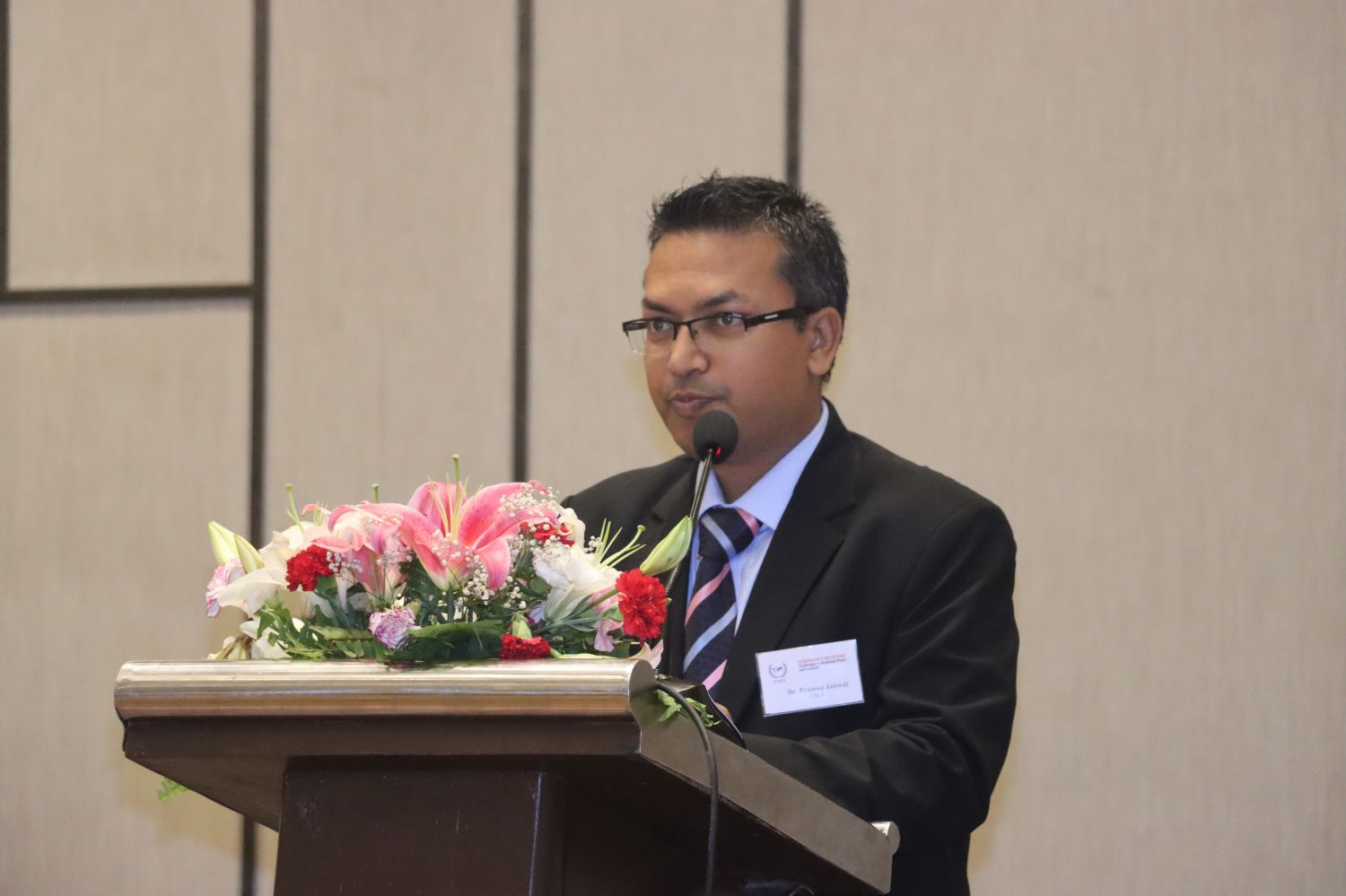
Dr. Pramod Jaiswal also emphasized the significant role played by Pakistan’s Inter-Services Intelligence (ISI) in supporting extremist groups. He noted that the international fallout from such actions has increasingly led to global resentment toward Pakistan. Throughout the seminar, similar views were echoed by other speakers, all pointing to the widespread radicalization and extremism that has gripped not only South Asia but also parts of Southeast Asia.
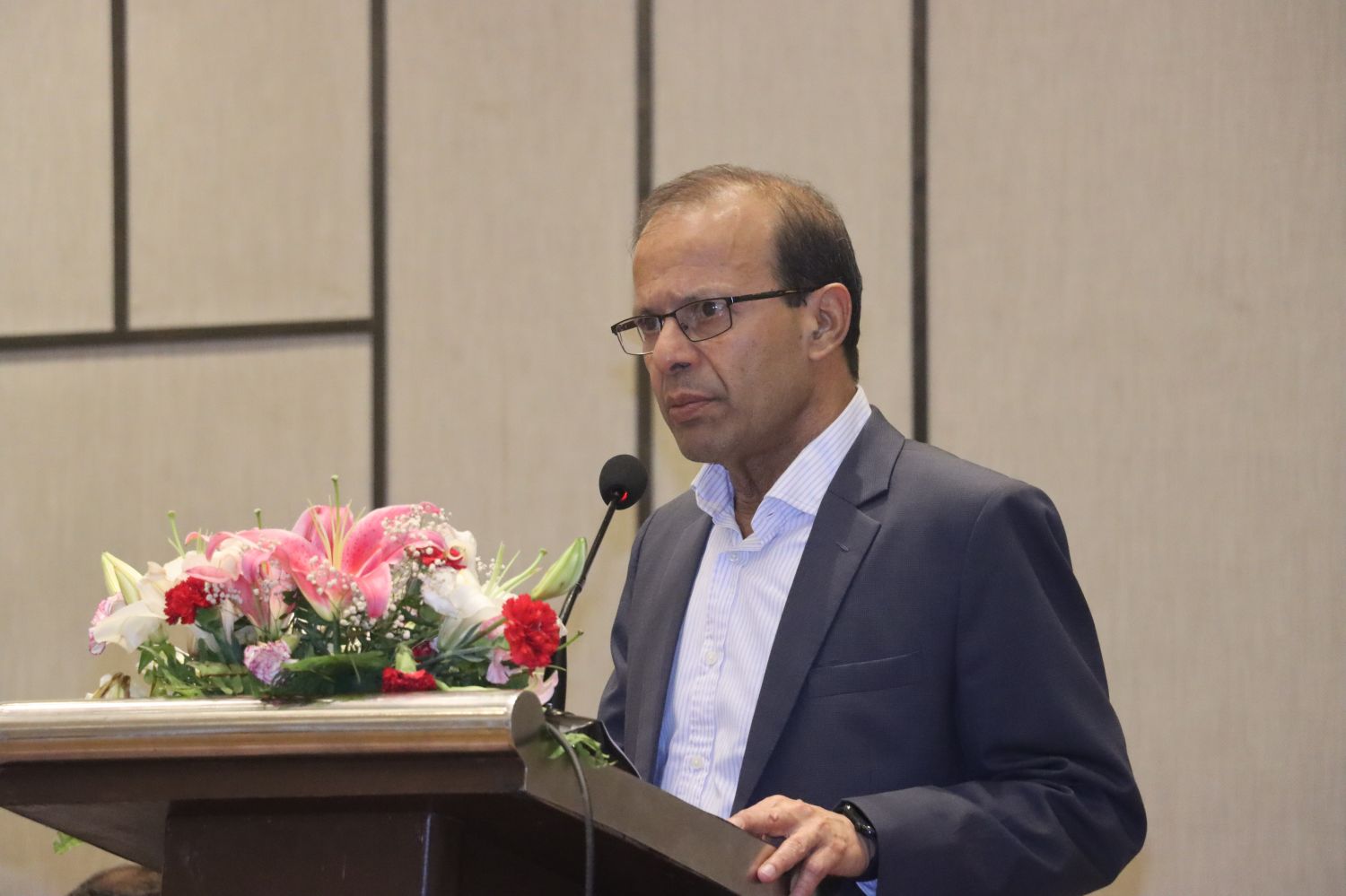
The seminar concluded with a call for collective responsibility. The discussion revolved around whether nations should continue assigning blame or start taking firm steps toward neutralization and rehabilitation. With SAARC struggling to fulfill its original vision of regional cooperation, experts emphasized the urgent need for joint efforts to find a viable exit from the present crisis. Mere blame games and tactical operations after each attack are no longer sufficient.
Stronger border patrols, better bilateral coordination, and improved regulation against cross-border infiltration, human trafficking, and terror financing were identified as necessary steps. The participants also highlighted the dangers of nations exploiting their economic hardships to gain international sympathy, only to covertly support or harbor terrorist outfits.
Regarding Nepal’s role, the country has always stood firmly against terrorism, as reiterated by participating security officials. They cited Nepal's efforts in dismantling Khampa insurgent activities in the past and stressed the need to enhance national security mechanisms. There was also concern over reports that some terrorists have used Nepal as a safe haven while planning attacks elsewhere—prompting calls for heightened vigilance and regulatory reforms.
As countries in South Asia continue to grapple with ideological extremism, radical propaganda, and internal strife, the path they choose to confront terrorism—whether through military means or diplomatic dialogue—remains to be seen. What is clear, however, is that the region stands at a critical juncture, and the time to act is now.



















